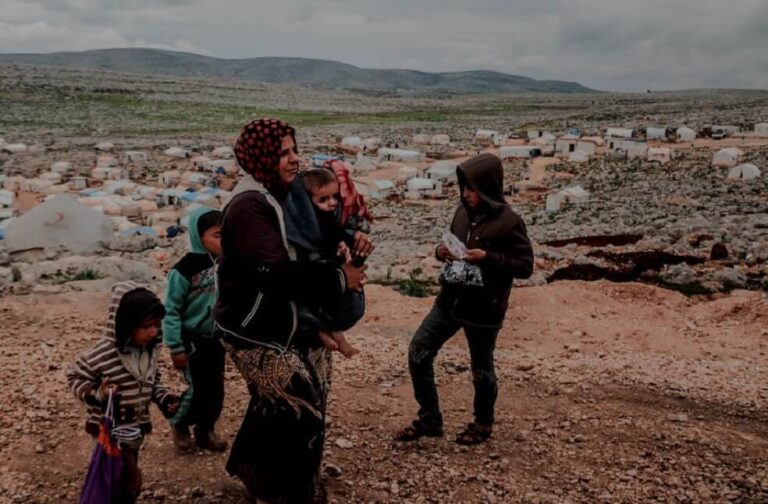Ukraine: The United Nations High Commissioner for Refugees (UNHCR) has revealed that the global number of displaced individuals has reached a staggering record of 110 million. The ongoing conflicts in Ukraine and Sudan have particularly contributed to this dire situation, forcing millions to flee their homes. According to the UNHCR’s annual Forced Displacement report, approximately 19 million people were displaced in the past year alone, marking the largest annual increase ever recorded and bringing the total number to 108.4 million by the end of last year.
Since the report’s release, the figures have continued to rise, with Sudan’s eight-week-old conflict being a significant factor in the increase, as confirmed by UN refugee chief Mr. Filippo Grandi. The chief expressed his concern about the state of the world and the need to address this alarming situation during a press conference in Geneva. The 110 million displaced individuals encompass both those seeking safety within their own countries and those who have crossed borders. Refugees and asylum seekers accounted for approximately 37.5 percent of the total.
Mr. Grandi emphasized the immense difficulty in finding solutions to these displacement crises, attributing the escalating numbers to a combination of factors such as conflict, persecution, discrimination, violence, and climate change. The report highlighted that half of the refugees and those in need of international protection originated from Syria, Ukraine, and Afghanistan.

The situation in Ukraine remains a pressing concern, with 11.6 million Ukrainians still displaced at the end of 2022, including 5.9 million within the country and 5.7 million abroad. Mr. Grandi also expressed worry about stricter admission rules and push-back policies being implemented by certain countries, without specifying which ones.
In the European Union, countries like Poland and Hungary have adamantly refused to accept refugees from the Middle East and North Africa, while right-wing and populist parties across the bloc have fueled anti-immigration sentiments. Additionally, the United Kingdom is pursuing legislation that would deny asylum claims for individuals arriving in small boats across the English Channel, reminiscent of Australia’s controversial offshore migration policy.

While acknowledging these concerning trends, Grandi praised positive developments, including a recent agreement among EU ministers to share responsibility for migrants and refugees. The chief also commended Kenya for seeking innovative solutions to support the half a million refugees it hosts, many of whom have fled poverty and drought in the Horn of Africa.
The report further highlighted that 339,300 refugees were able to return to their home countries last year, while 114,300 were resettled in third countries—a twofold increase compared to 2021. The pressing need for international cooperation and adherence to refugee conventions remains crucial as the global displacement crisis continues to worsen.



